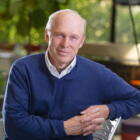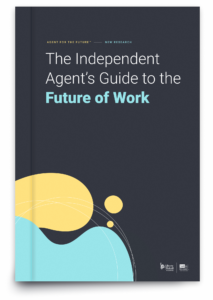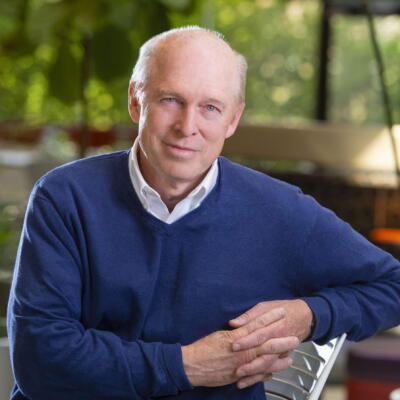Emotional Intelligence
The second distinguishing quality of a growth-minded individual is emotional intelligence (EI) — the ability to comprehend the emotions of yourself and others. For risk consultants, the capacity to recognize certain feelings — and use this knowledge to motivate, inspire, and manage — has a direct correlation with success in the business of insurance and risk management. Emotional intelligence has two primary components:
- Understanding and managing your emotions
- Understanding and promoting positive relationships with others
Success in business requires more than intelligence. You must be able to develop long-term relationships founded on mutual trust in addition to your technical knowledge. You will reap the benefits of EI when you focus on developing the following five competencies:
- Self-awareness — knowing your emotions
- Self-regulation — managing your emotions
- Motivation — motivating yourself
- Empathy — recognizing and honoring the emotions of others
- Social skills — managing relationships and building trust
Drive
Drive is a common denominator of high-performing people, and this is especially true for successful risk consultants.
When all else fails, it is people’s inherent drive — to succeed, to accomplish a goal, to make a difference, to win — that keeps them going in the face of adversity.
Drive is so important and powerful that it often pushes less-talented individuals to achieve more than those who were born with higher skill sets but lack a burning desire to succeed.
Risk consultants who exhibit high-drive tendencies are motivated by the need to achieve outstanding results and are willing to do virtually anything to get there. They are ambitious, disciplined, and hyper-focused on advancement, with an inherent motivation that enables them to relentlessly pursue excellence and success in everything they do.
Finally, a truly optimistic individual knows that focusing on the light at the end of the tunnel is the key to overcoming any challenge. Individuals with high levels of optimism have three key advantages over their pessimistic peers:
- They expect to win
- They believe that all problems can be solved
- They frame rejection with appropriate perspective
Gratitude
Gratitude is simply taking the time to reflect on all the positive things in your life and cultivate an appreciation for what you have. Research confirms that gratitude is the single most powerful way to increase overall happiness, as it is applicable to so many aspects of our lives: careers, relationships, and mental and physical health.
High-performing risk consultants recognize that practicing gratitude creates positive engagement and improved outcomes with prospects, clients, colleagues, carriers and community. An attitude of gratitude is a skill that can be learned and developed to the point that it becomes a habit.
Here are a few simple ways to practice gratitude:
- Three good things. Each and everyday, identify three things that went well and replay them in your mind or write them down in a Gratitude Journal.
- Positive people. Make an effort to surround yourself with others who demonstrate gratitude and a positive outlook.
- Remove obstacles. Remove the specific obstacle(s) from your mind so you may visualize all the good things in your life.
- Thank you notes. This ritual will positively impact your own life and spread the attitude of gratitude to others as well.
Resilience
In today’s hyper-competitive world, you must be willing to put yourself out there—even in the face of rejection. Resilience is measured by how quickly individuals recover after rejection or defeat. How well do you handle rejection? Learning how to process and move past the aftermath of rejection—to get back in the saddle after falling off the horse—is an essential survival skill in the business of insurance and risk management.
Research shows that “Rejection Sensitivity,” a condition in which rejected individuals experience severe psychological distress, is on the rise. It is rejection sensitivity that makes us cautious and, in some cases unwilling to take risks.
If you are on the high end of the rejection sensitivity scale, you may feel anxious or fearful about putting yourself out there. As a result, you will rarely move beyond your comfort zone—and your career may pay a steep price. Tell-tale signs include ineffective referral networks, call reluctance and random prospect research and qualification strategies.
By cultivating personal resilience, you can learn how to avoid rejection sensitivity and achieve the career of your dreams.
Master the art of resilience using these five steps:
- Don’t take it personally. Often, the other person is not rejecting you. Rather, they are rejecting the product, service, solution or offering to which you are attached.
- Know when to cut your losses. When you face rejection, you will be wise to decide how much time, energy and effort you will put into the project.
- Rely on your support system. When your ego is bruised, it is important to receive encouragement, guidance and counsel from those who care most about you.
- Maintain your focus. Focus on what you can control. Do not dwell on uncontrollable forces.
- Keep a positive attitude. With every “no” you receive you are that much closer to the next “yes.”
What will you achieve from a growth mindset supported by these five distinguishing qualities? Your ultimate potential!
Reposted from the May 2020 issue of Rough Notes magazine with permission.






